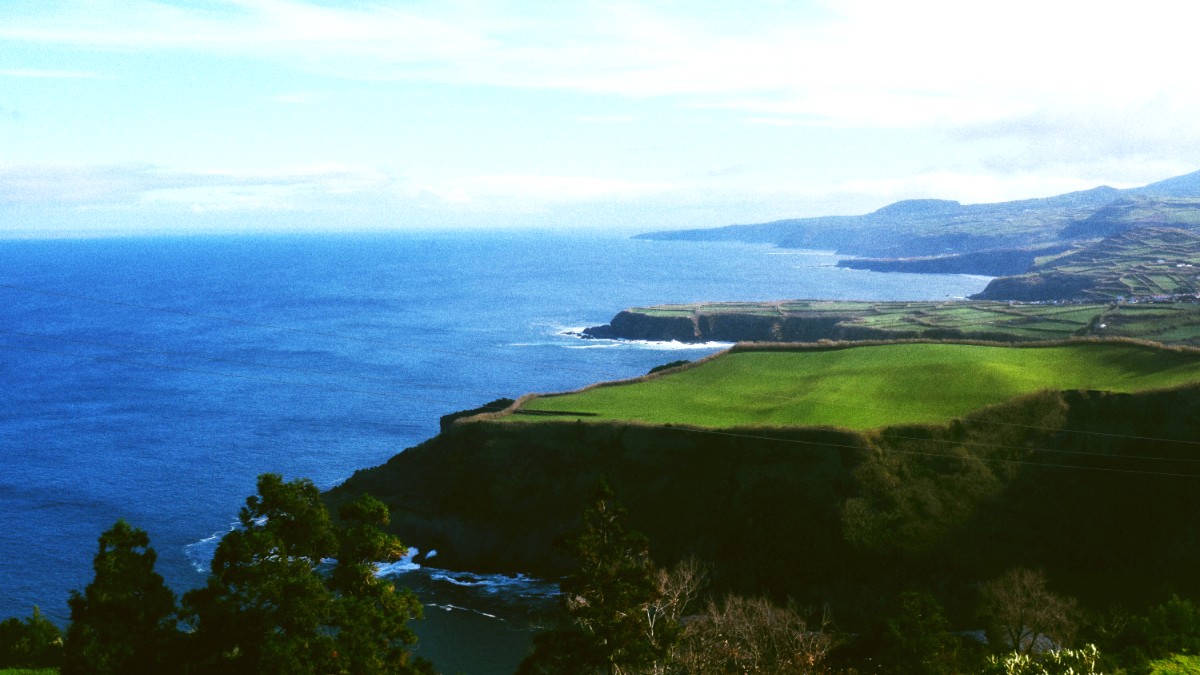
Portugal
Maximizing your budget on the islands.
Maximizing your exploration time across the islands.
Navigating the local culture with grace and efficiency.
Tailored guidance for diverse travel arrangements.
Always carry plenty of snacks and water for kids, especially on day trips or hikes.
Modern travel relies on digital tools and reliable information sources. These apps and websites benefit your Azorean adventure.
Essential applications for seamless navigation and planning on the go.
Websites providing current information and booking services for your trip.
Podcasts, videos, and language tools to deepen your cultural immersion.
While digital tools are widespread, print resources offer valuable insights, especially where internet access remains limited.
In case of a natural disaster, adhere to instructions from local authorities, notably Civil Protection (Proteção Civil).
Monitor local radio or TV, or official websites for updates and safety instructions.
Emergency services (112) can extend guidance and aid.
For up-to-date travel requirements or urgent assistance, your country's embassy or consulate in Lisbon is the main contact.
Download offline maps for areas with weak signal.
Detailed hiking trail information with maps and profiles.
Meteo Azores, Windguru, AccuWeather for planning.
Download offline Portuguese language pack.
Widely used for communication with hosts and operators.
Apps for SATA Azores Airlines and Atlantico Line.
Books like "The Azores" by David Sayers and "Land of Volcanos" by João José T. Reis explore the islands' history and geology.